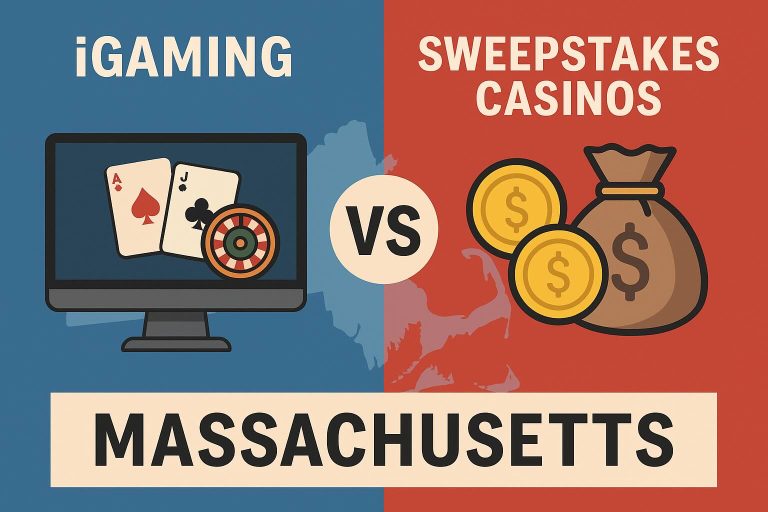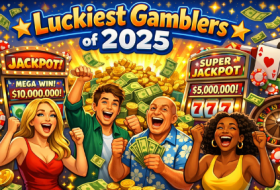
Massachusetts legislators are weighing a proposal that could reshape the state’s gambling industry by authorizing regulated online casino games while outlawing sweepstakes-style platforms.
A New Push for Internet Casinos
Representative David K. Muradian Jr. has introduced House Bill H.4431, which calls for legal internet-based casino play beginning in 2026. If enacted, the measure would allow traditional casino-style games—slots, blackjack, poker, and table games—to be offered online under the oversight of the Massachusetts Gaming Commission (MGC).
The MGC already manages sports betting, horse racing, and the state’s land-based casinos. Expanding into iGaming would extend its regulatory reach and give players a legal alternative to offshore and unregulated platforms.
Licenses and Revenue
Under the bill, Massachusetts’ three existing casino licensees—Plainridge Park, MGM Springfield, and Encore Boston Harbor—would be eligible to apply for online gaming permits. Each operator could launch up to three separate brands, opening the door for partnerships with national online gambling companies.
Applicants would pay a $100,000 license fee, with an additional $50,000 for each extra brand. Revenues would be taxed at 15 percent, slightly below the state’s current rate for online sports betting.
Ban on Sweepstakes Casinos
A central provision of the bill is the elimination of sweepstakes-style gaming websites, which allow users to buy virtual coins or tokens and redeem winnings for real-world prizes or cash. Lawmakers have raised concerns that these sites operate without oversight and pose consumer protection risks.
The measure sets out penalties ranging from $10,000 to $100,000 per violation, potential loss of gaming licenses, and up to two years in prison for repeat offenders. It would also prohibit third-party companies—such as affiliates, payment processors, and service providers—from supporting sweepstakes operations.
Player Safeguards
The legislation emphasizes responsible gambling measures. Among the key provisions:
- Players must be 21 or older and located within state lines.
- Deposits would be capped at $20,000 per day.
- Only one account per brand allowed per person.
- Advertising would face strict limits, including bans on “risk-free” claims and promotions on college campuses.
Funds from license fees and tax collections would be used to support a new Player Health Program, which would focus on education, prevention, and treatment of gambling addiction. Operators would also be required to designate a responsible gaming officer and use data-driven tools to flag concerning betting behavior.
Sweeps Group Pushes Back
The Social Gaming Leadership Alliance (SGLA), an organization that advocates for the sweeps industry, issued a statement criticizing the proposal, arguing that the definition of sweepstakes casinos is too broad and could unintentionally ban free-to-play social gaming products.
Next Steps
The measure now goes to the Joint Committee on Economic Development and Emerging Technologies. If passed, Massachusetts would be the latest U.S. state to legalizing iGaming while also following a number of states that have recently banned sweepstakes gaming.





